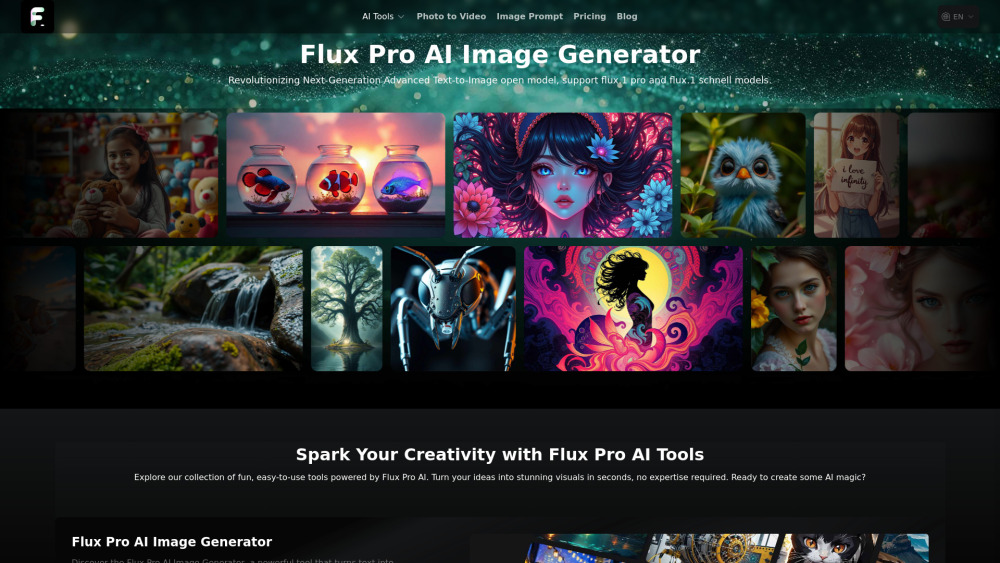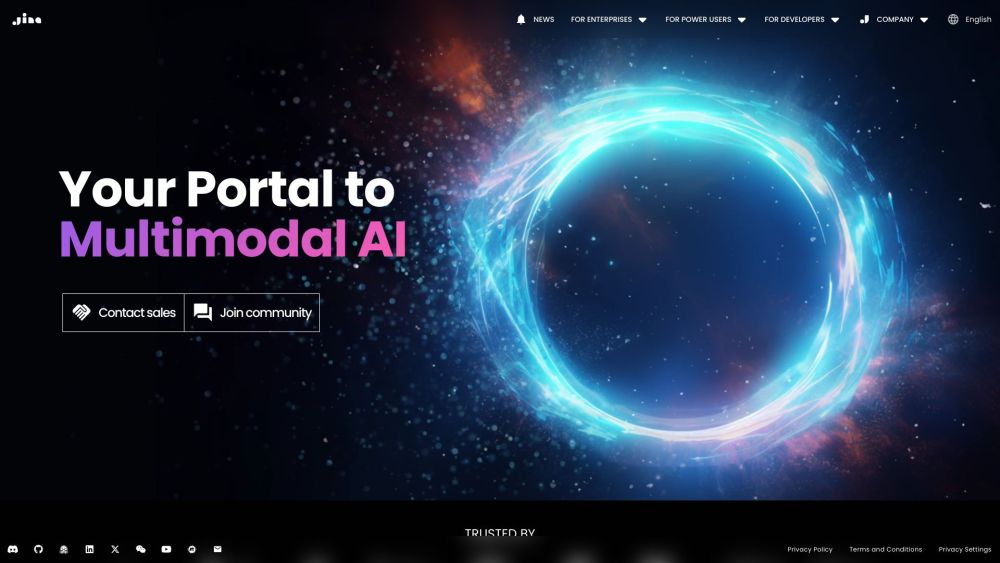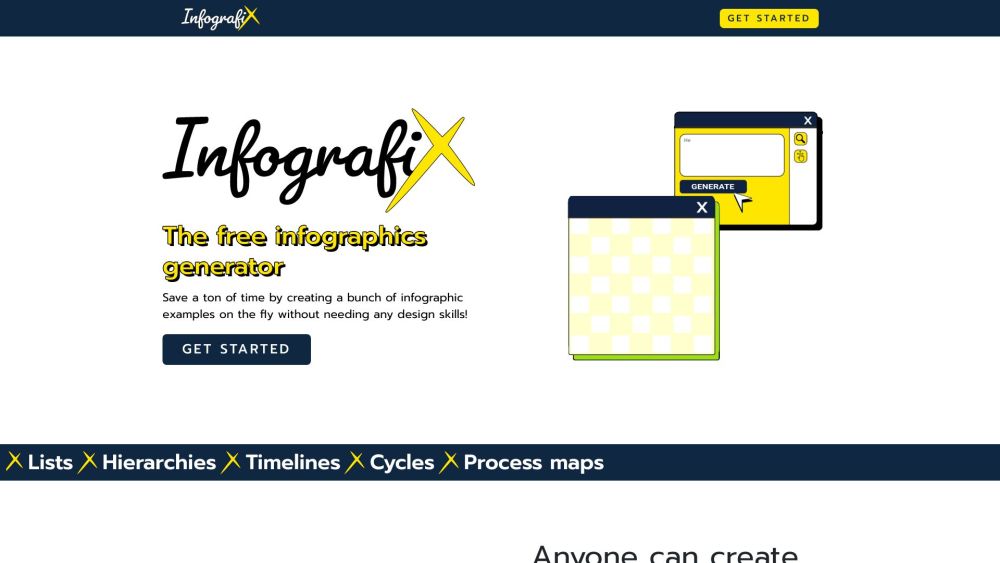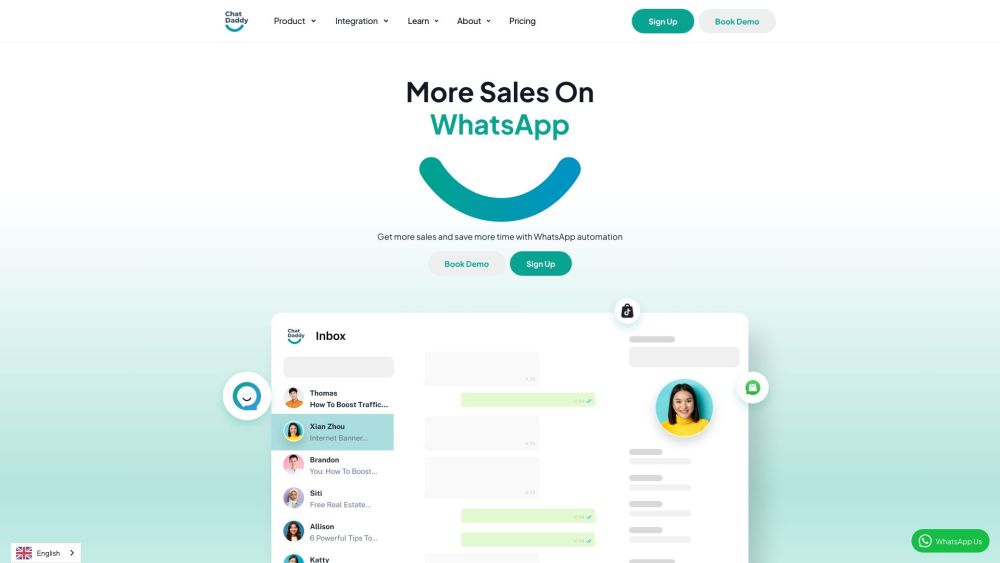Recent trademark filings indicate that OpenAI, the creator of ChatGPT, may be on the verge of launching a new voice assistant product. The trademark application, submitted on March 19, pertains to the term "voice engine." This application is categorized as a service mark, suggesting it relates to services rather than physical products, which hints at the possibility of an innovative offering in the near future.
Although many companies file trademarks that do not lead to actual products, OpenAI has already integrated voice capabilities into ChatGPT through its Whisper speech recognition system. This feature allows users to engage in interactive conversations using their voice, enhancing user experience. Additionally, businesses can access Whisper via the company's API, enabling them to create commercial applications such as transcribing customer interactions in call centers.
Though the trademark filing raises expectations, OpenAI has yet to confirm plans for a voice assistant comparable to Apple's Siri. The company, bolstered by Microsoft, is exploring advancements beyond text generation, focusing on multimodal capabilities through new foundational models, including the development of Sora for video content.
An exciting development within OpenAI’s pipeline is GPT-5, the forthcoming next-generation foundation model. While the exact release date remains unannounced, there is significant anticipation surrounding a potential reveal later this year. Following the debut of GPT-4 in March and the unveiling of GPT-4 Turbo during the company’s DevDay in November, GPT-5 is poised to introduce further enhancements.
Adding to the intrigue, OpenAI recently secured trademarks for GPT-6 and GPT-7 in October 2023, detailing a range of goods and services related to "computer software for using language models." These trademarks not only protect the upcoming models but also offer a glimpse into their anticipated capabilities.
The filings for GPT-6 and GPT-7 suggest exciting advancements that could include multilingual speech recognition, enabling seamless transcription of spoken language across various dialects. They also hint at the potential for generating music—capabilities that current iterations of GPT do not possess.
As OpenAI continues to innovate and expand its offerings, the implications of these developments could significantly transform the landscape of artificial intelligence and user interaction, making it a space to watch closely.




